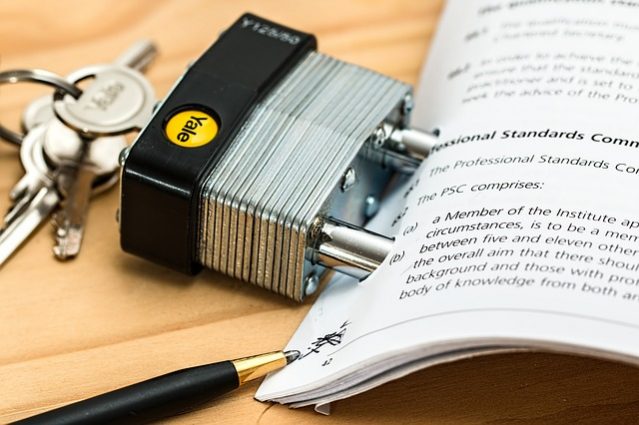When one is starting up a business, many people are usually short of know-how on what to do to be relevant with regards to the requirements of the law. This knowledge is important for starters, especially those running small businesses, to operate and do what is expected of them legally. Knowing the legal status of your company, considering the health and safety law and most importantly, taking care of the insurance issues can go a long way in operating without stepping on the wrong side of the law.
Legal Status of the Company
When starting a business one of the initial decisions you will need to make is to decide on the legal status of your company. This will affect how you run your business and will have implications for how you pay your tax and record your accounts. The two main formats are sole trader and limited company. However, there are additional options such as a Limited Liability Partnership (LLP) and a Community Interest Company (CIC).
Whilst it is possible to change the legal status of your company once you are trading, it can be very disruptive and costly. For this reason, it is important to give this some careful thought at the outset of the business.
Health & Safety Law
All businesses, no matter how small, need to be aware of how Health and Safety legislation affects them. All businesses, regardless of size, must carry out risk assessments. If your company employs more than five people, there is a legal requirement to record theses assessments.
Employers have a legal duty to ensure that their employees work in a safe environment and this also extends to ensuring the safety and wellbeing of their customers whilst on the company premises.
Insurance Cover
Any business employing staff is legally required to take out employer’s liability insurance with a minimum of £5 million worth of cover. The insurance certificate must be clearly displayed on the premises.
If your business deals directly with members of the public on the premises, you will need to take out Public Liability Insurance to cover any accidents or injuries concerning members of the public.
Sourced from: http://www.libraryofbirmingham.com/articles/business/businessstartupslegal
Business activities are widely governed by legal realms that practitioners must abide with. These are the boundaries that are set out to provide the business owners with a space within which they can operate legally without going overboard. For one to be on the safe side of the law, he /she must be well conversant with the confines of the law that are within their bounds as well as understanding the lengths which are out of bounds.
Legal Traditionalists
The legal traditionalists view law as a body of principles and rules that courts `utilize when deciding disputes. The traditionalist approach is steeped in the belief that the basic constructs of right and wrong are fixated even though society is continuously changing its beliefs.
Environmental Approach
The environmental approach views law as an arm of societal control that must continuously reflect the current society’s moral constructs through the enforcement of rules, regulations, and laws. This approach is much broader in scope, since the law is an institution that reflects the societal need for social order.
Sociological Jurisprudence Theorists
Sociological jurisprudence theorists profess that society ultimately shapes and molds the law and the mechanisms for its enforcement. This school of thought views the legal system and the law as a means of providing an orderly, predictable system of social order, change, and legal reform.
Sourced from: http://www.enotes.com/research-starters/legal-environment-business
Running a successful small business will bring you to friction with a number of legal concerns. These legal aspects, if well adhered to, helps business owners avoid coming into conflict with the law, especially when it concerns what they are obliged to do on their part. Here are a number of things that as a business owner you can do to avoid running into confrontation with the law.
Pay all of your bills on time to avoid fees and lawsuits.
Pay payroll taxes on time to avoid being held personally liable.
Keeping Track of Your Business
Recordkeeping is just as important as remaining on the legal side of doing business. You’ll want to prove your side of things in any conflict, so you’ll need to maintain clear and concise records of your business dealings. For easy access and storage, make sure you get a good set of filing cabinets. If security is important, opt for locked cabinets. It may also prove valuable to maintain a second set of files off-premises in case of fire or flood.
For electronic documents, an external hard drive can provide you with plenty of backup space. You may also consider keeping an electronic copy off-site using a data storage service in order to give yourself the same protection for loss as you have with off-site storage of physical documents.
Establish Legal-Mined Activities at Startup

It’s vital to plan ahead when establishing many of the legal tips listed. You’ll want to begin thinking in terms of limiting liability immediately upon starting your own business. The severity of a legal issue can be relative. What would be an annoying contract snafu years into your small business’ lifecycle could be a business-crippling legal matter if you’re just starting out. However, with the ten tips listed, you can limit the damage from common legal issues and keep your business safe.